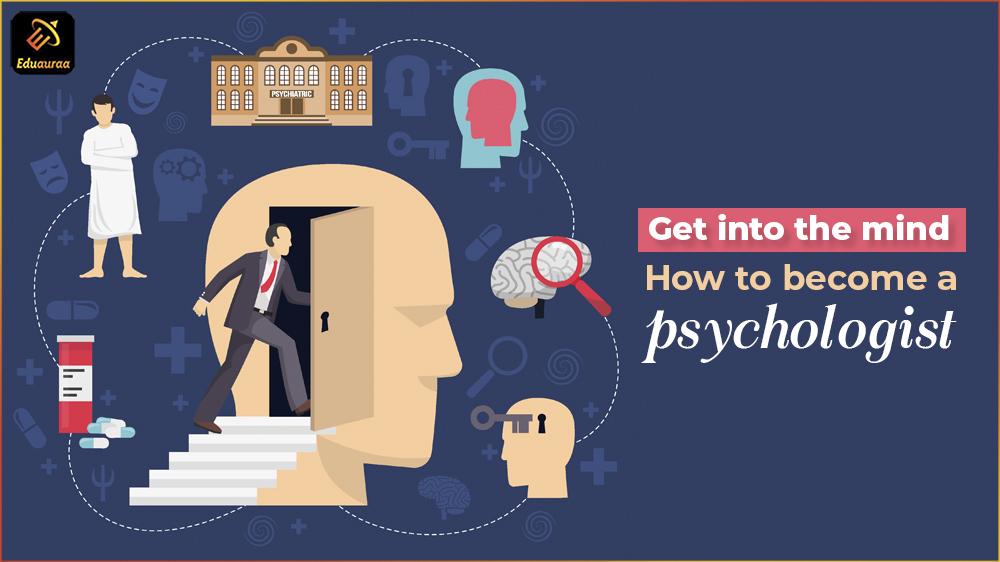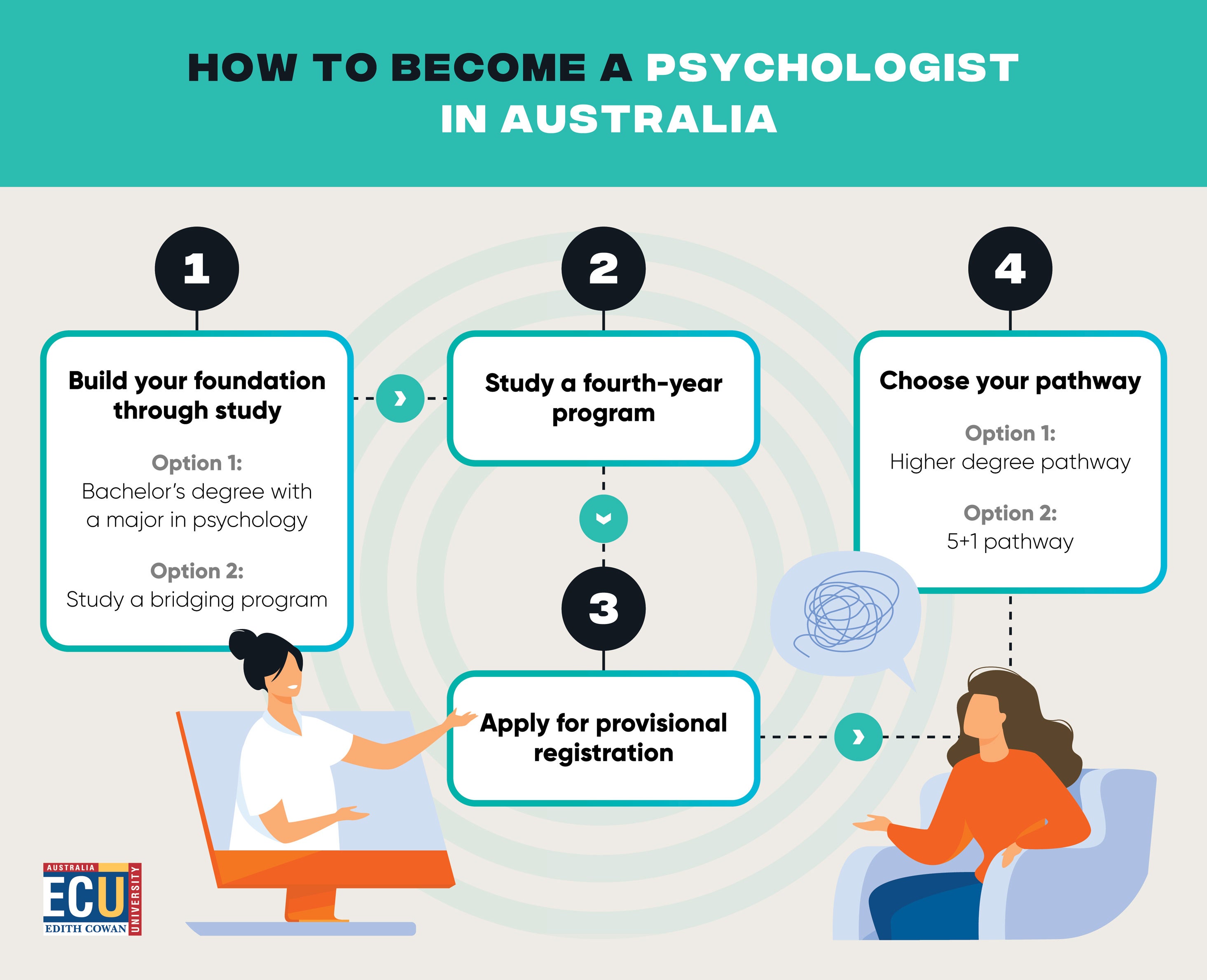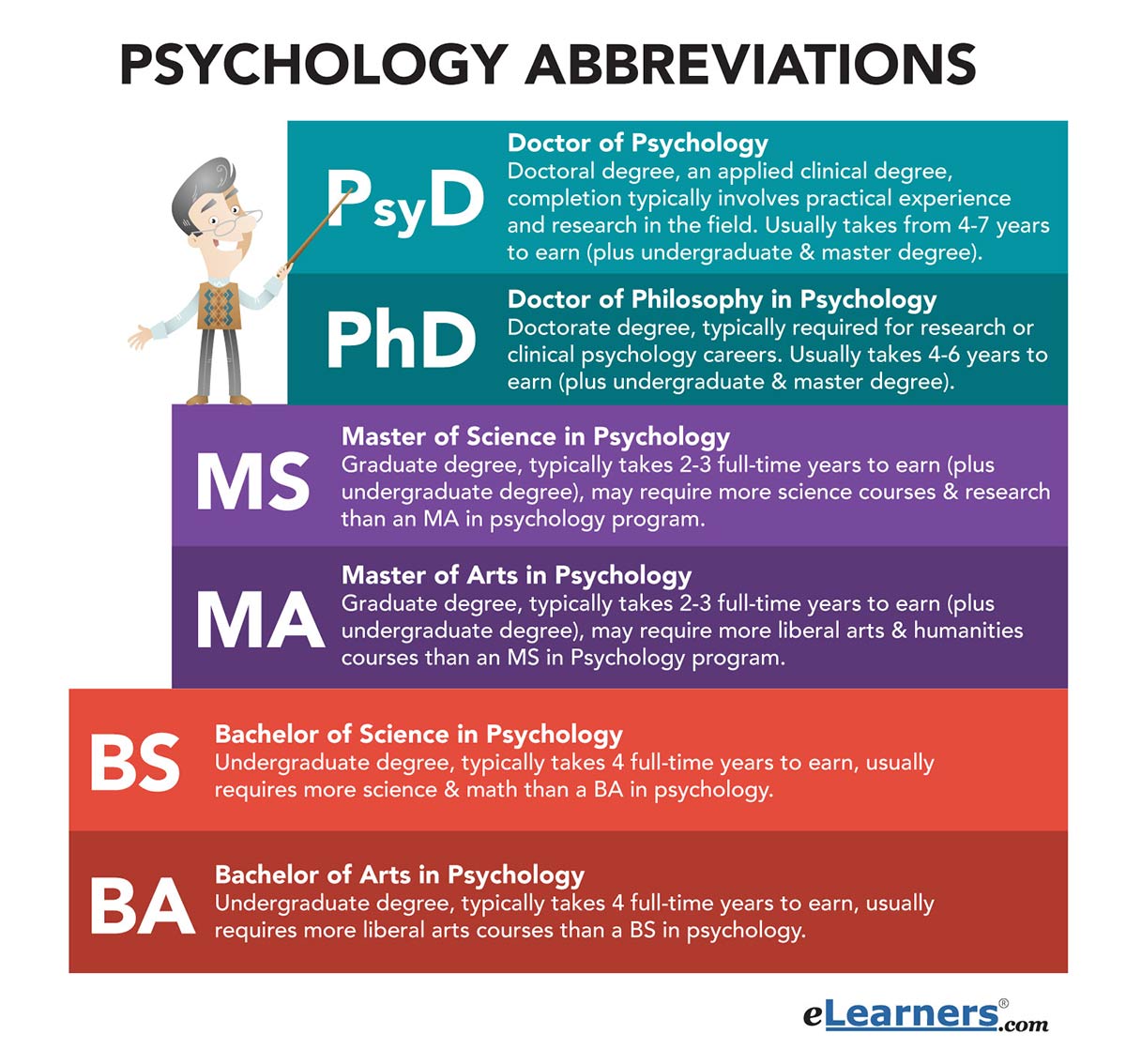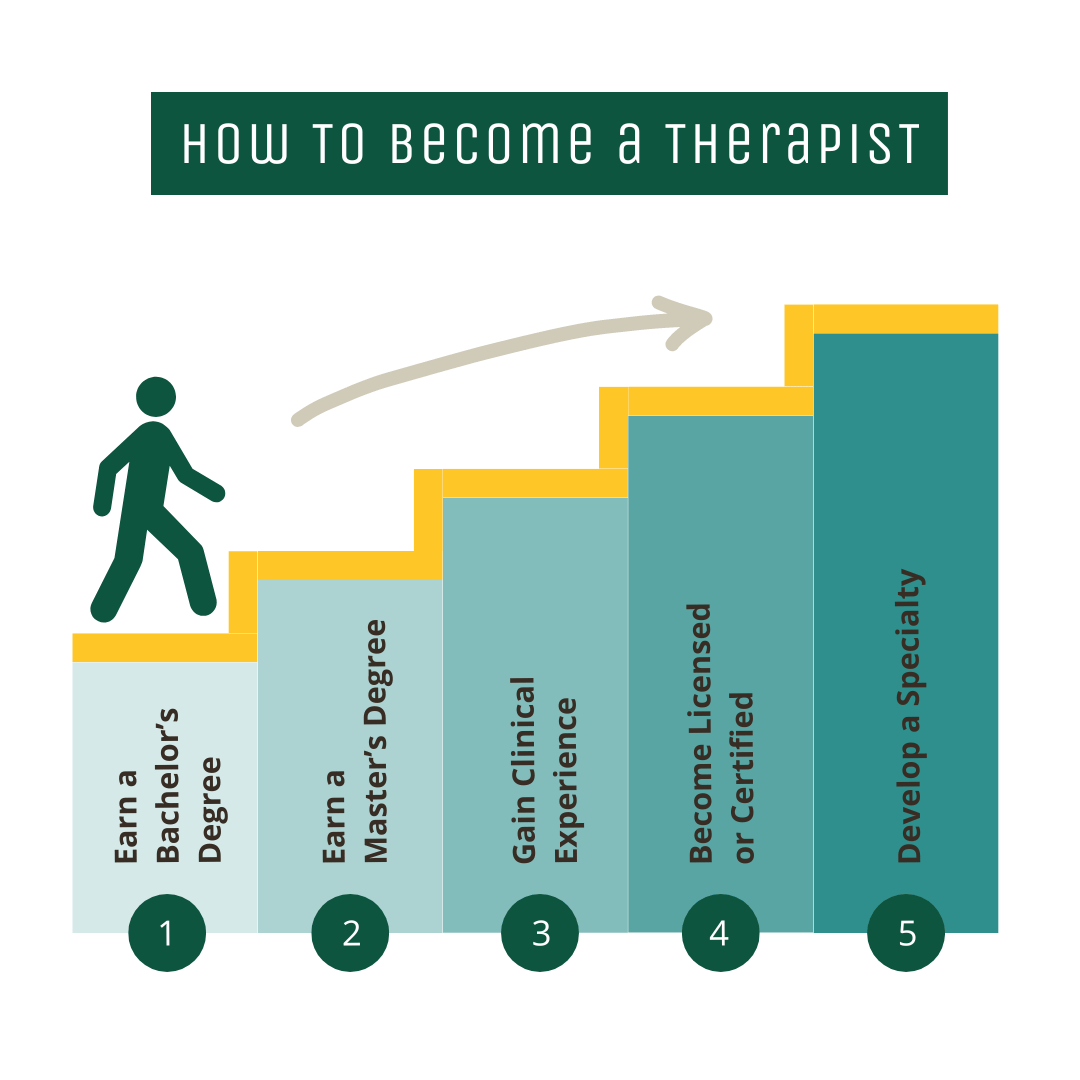How Many Years Do You Need To Become A Psychologist
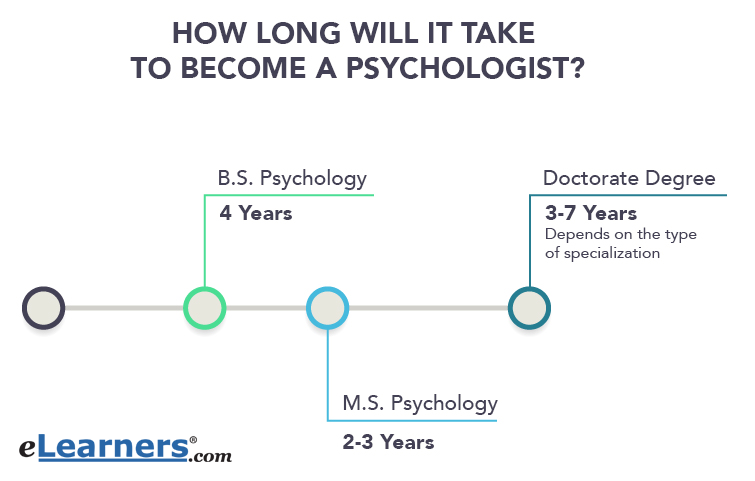
Aspiring psychologists face a long and rigorous path. Understanding the timeline is crucial for anyone considering this demanding, yet rewarding, profession.
The journey to becoming a licensed psychologist typically spans 8-12 years post-high school. This includes undergraduate education, graduate studies, and supervised practice.
Educational Foundation: The Undergraduate Degree
The first step is earning a bachelor's degree. While a psychology major is beneficial, it's not always mandatory. A strong foundation in related fields like sociology or biology can also be valuable.
This typically takes four years of full-time study. Core coursework includes statistics, research methods, and introductory psychology.
Graduate Studies: Master's and Doctoral Degrees
A master's degree is sometimes pursued before a doctorate, but it's not always required for doctoral programs. Master's programs in psychology often last two to three years.
The next critical step is obtaining a doctoral degree in psychology: either a Ph.D. or a Psy.D.
Ph.D. programs emphasize research and academic pursuits, while Psy.D. programs focus more on clinical practice. These programs typically require four to seven years of study, including a dissertation or doctoral project.
Internship and Supervised Practice
After completing coursework, aspiring psychologists must complete a predoctoral internship. This provides supervised clinical experience. It typically lasts one year.
Following the doctoral degree, a postdoctoral supervised practice is required. The length varies by state, often ranging from one to two years.
During this time, individuals work under the supervision of a licensed psychologist, accumulating the necessary hours for licensure.
Licensure: The Final Hurdle
Licensure requirements are determined by each state's board of psychology. Candidates must pass the Examination for Professional Practice in Psychology (EPPP).
They must also meet specific requirements for supervised practice hours. Some states also require additional examinations on state laws and ethics.
The American Psychological Association (APA) provides resources and guidance for aspiring psychologists. State licensing boards offer detailed information on specific requirements.
Breaking Down the Timeline: A Concrete Example
A typical timeline could look like this: 4 years (Bachelor's) + 5-7 years (Doctorate) + 1 year (Internship) + 1-2 years (Postdoctoral Supervision) = 11-14 years.
This illustrates the significant time commitment involved.
Important Considerations and Variations
The timeline can vary depending on several factors. These include the specific program, the state's licensing requirements, and the individual's progress.
Some programs offer accelerated options. Others may require additional coursework or supervised hours.
Furthermore, career specialization can impact the timeline. For example, a neuropsychologist may need additional training and board certification.
The path to becoming a psychologist is lengthy, but necessary to ensure ethical and competent practice. It's vital to research programs and licensing requirements thoroughly.
Individuals should contact state licensing boards directly for the most up-to-date information.
:max_bytes(150000):strip_icc()/how-long-does-it-take-to-become-a-psychologist-2794935-5b841e6946e0fb00504573ef.png)
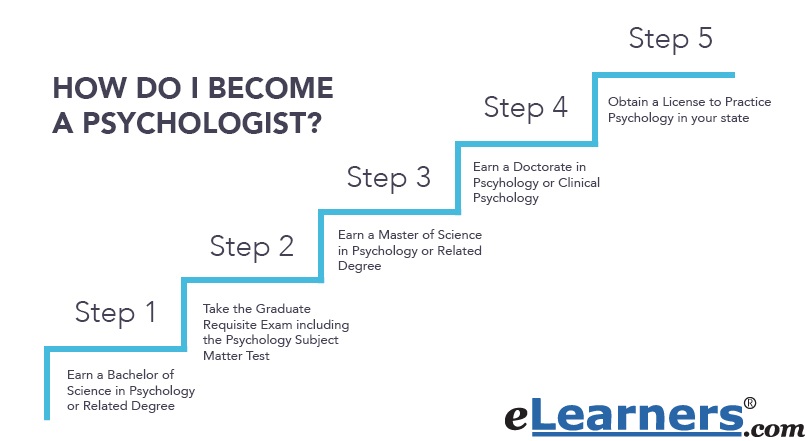

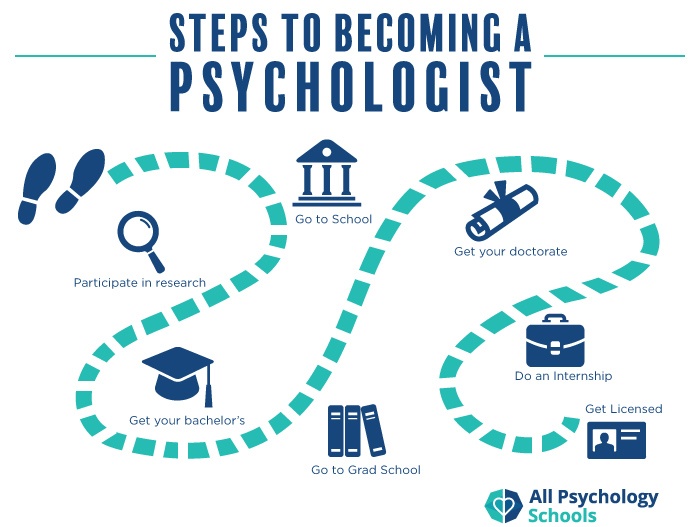
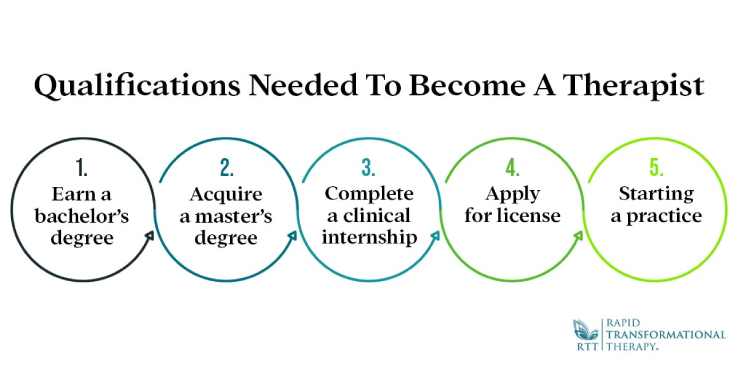

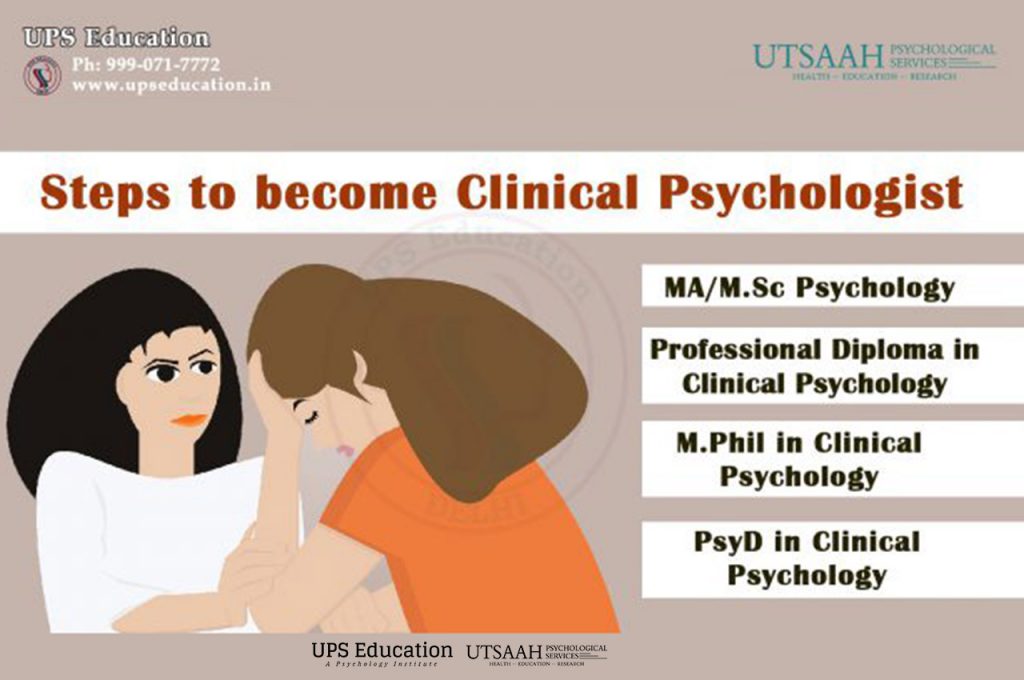
![How Many Years Do You Need To Become A Psychologist How to Become a Therapist [2023] - Hypnotes](https://hypnotes.net/static/blog/blog5/how-to-become-therapist-steps.jpg)

